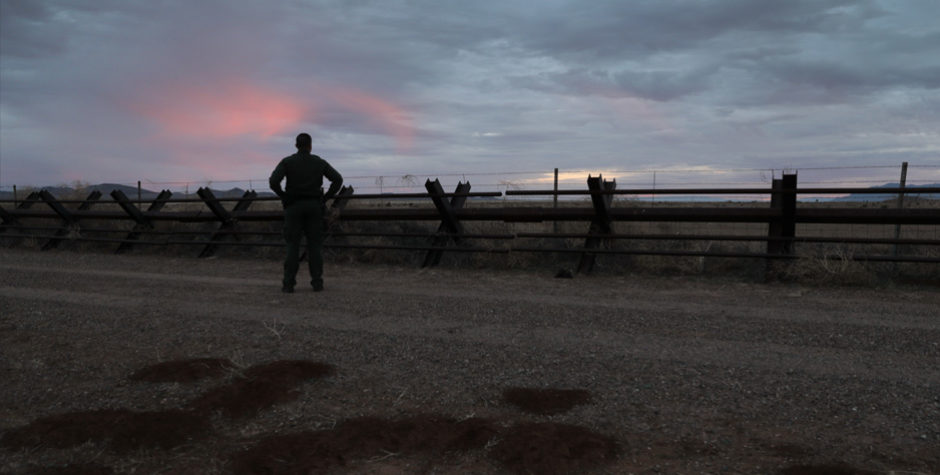Four Things You Need to Know About National Security in the State of the Union Address
On February 6, President Trump gave his second State of the Union address to a Joint Session of Congress and a group of distinguished guests. In a poll conducted by CBS News and YouGov, 76 percent of those viewing the speech approved of what the President said. Republicans in that polled group approved by 97 percent, Independents approved by 82 percent, and 30 percent of registered Democrats had a positive reaction to the speech.
One of the chief responsibilities of the President of the United States, as Commander-in-Chief, is to provide for the defense of the nation against all enemies, foreign and domestic. Here are the significant facts about President Trump’s address to Congress as they relate to National Security:
President Trump tied border security directly to national security. Human trafficking, drug cartels and people attempting to illegally cross the border who are associated with known or suspected terrorists all pose a direct threat to the safety and security of the American people. The president stated, “Wealthy politicians and donors push for open borders while living their lives behind walls and gates and guards. Meanwhile, working class Americans are left to pay the price for mass illegal migration.” As I’ve stated before, border security is also a moral issue that demands clear and unequivocal action on the part of the Members of Congress.
President Trump announced that he will meet again with Kim Jong Un, the leader of North Korea. The meeting will take place on February 27th and 28th in Vietnam. The location of this next summit is significant. Vietnam is a former enemy of the United States. In that war, 58,220 U.S. troops died. Yet today, Vietnam is a trading partner with the United States and has joined the community of nations as a legitimate part of that international group. The implied message is that North Korea also has the opportunity to follow the example of Vietnam. Kim Jong Un has the opportunity to lead his people into a new era of peace and prosperity.
In the fifteen months since President Trump first met with the North Korean leader, there have been no additional nuclear tests and no ballistic missiles have been fired by what has been called a rogue nation. While the complete denuclearization of the Korean Peninsula is an open-ended proposition, the potential for denuclearization of the region and an official end to the Korean War exists due to the diligent work of the Trump Administration. Talking with our nation’s enemies and striving for peace is always preferable to the horrible prospects of war. While there is no guarantee of ultimate success, there is no doubt that President Trump has changed the calculus of our long-standing conflict with North Korea.
The President noted that the United States has withdrawn from the Intermediate-Range Nuclear Forces (INF) Treaty. This was a bold acknowledgment of reality: Russia has been in violation of the terms of that treaty since 2006. A treaty is valid only if all the parties adhere to the terms of the agreement. Russia continues to flagrantly violate the terms. Additionally, since the inception of the INF Treaty during the Reagan Administration, the world situation has changed. For example, China—now a nuclear power on par with Russia—was not a party to that agreement. Going forward, limiting nuclear weapons must be an agreement between all potential belligerents who possess such weapons. The United States cannot continue to limit the development and placement of its nuclear weapons while an adversary like Russia continues its research, development and deployment of such weapons that pose a threat to Europe and the wider region. Our NATO allies approved the actions of the United States in withdrawing from the treaty.
In light of the president’s decision to ultimately withdraw forces from Syria and reduce the number of U.S. troops in Afghanistan, he stated that great nations should not be engaged in “endless wars.” On the other hand, we know great nations have always faced the prospect of “endless attacks” by those who would destroy them and their way of life. President Trump renewed the U.S. commitment to defeat terrorism and pledged, in particular, to monitor the malign activities of Iran, the world’s largest state-sponsor of terrorism.
Presently, there are approximately 2,000 U.S. troops in Syria and 16,000 in Afghanistan.
National Security should always be a cause that unites all Americans. On the matter of the defense of the nation, political disagreements must be forsaken. We stand together in our commitment to our common defense and to our unique role as a beacon of freedom and justice to the rest of the world.
